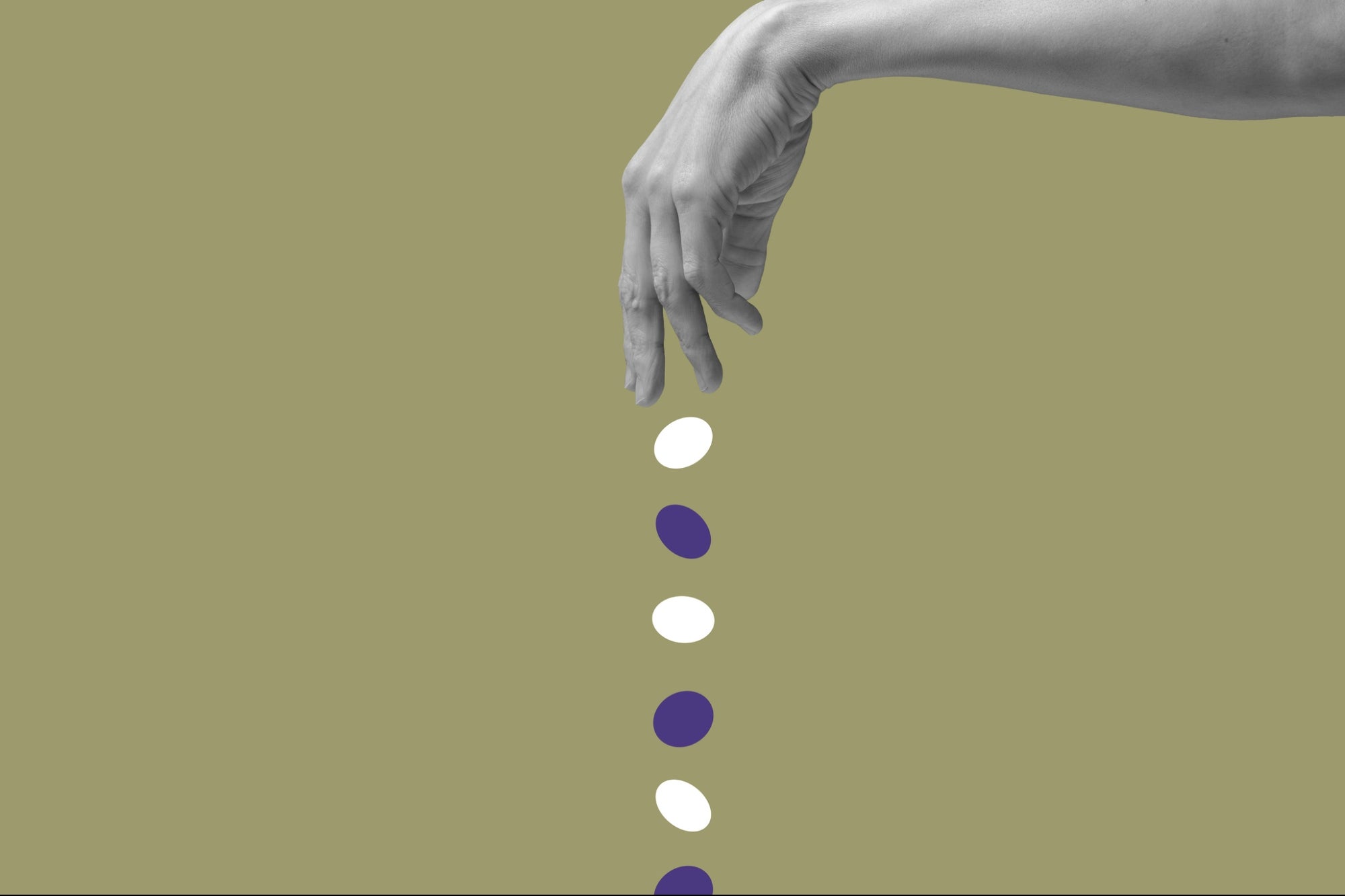Our More Extroverted Friends on Facebook Are Making Us Depressed That's pretty much the gist of two recent studies.
By Laura Entis
Opinions expressed by Entrepreneur contributors are their own.
#Hardtruth: Statistically, your friends are more popular than you are. This concept – i.e. the 'friendship paradox' -- has been around for a while now, stemming from the fact that popular people have more friends, and are therefore disproportionately represented in social networks.
A new study published in Psychological Science finds that this effect doesn't just exist for the introverts among us (holler); in fact, it's even stronger for extroverts, who tend to be connected with individuals who are even more extroverted than they are.
"If you're more extroverted, you may really have a skewed view of how extroverted other people are in general," Daniel C. Feiler, a behavioral scientists and one of the study's authors, said in a statement, later adding that it's pretty safe to assume that, for most of us, perceptions of social norms are based on the people we interact with. "If that's the case, then we need to consider when our social network is a biased sample and how that affects our social beliefs."
Related: How Facebook 'Likes' Could Be Used to Make Personality-Based Hiring Decisions
Facebook probably isn't helping on this front. Yet another study, published in the Journal of Social and Clinical Psychology, finds that comparing our lives to the lives of friends and acquaintances on the platform can lead to not-so-great feelings about our own accomplishments and sense of well-being.
Lead author Mai-Ly Steers conducted two experiments, monitoring more than 100 subjects' Facebook use, depressive symptoms and predilection for comparing themselves with others on the platform. All in all, the results showed that time spent on Facebook was positively associated with comparing oneself to others which, in turn, was "associated with increased depressive symptoms."
Explained Steers in a statement, "it doesn't mean Facebook causes depression, but that depressed feelings and lots of time on Facebook and comparing oneself to others tend to go hand in hand."
Related: The 'FOMO Epidemic' and Why It Matters to Millennial-Hungry Businesses
Taken together, the two studies offer a clear takeaway: Most of your friends on Facebook are probably at least slightly more popular and more extroverted than you are, which means their curated, prettified Facebookified lives may appear richer, and more colorful than your own highlight reel.
But that doesn't mean you're abnormal! The next time your Facebook friends' antics start stressing you out, stop and consider behavior scientist Feiler's words of wisdom: "We need to consider when our social network is a biased sample and how that affects our social beliefs."
In all likelihood, platforms like Facebook magnify the extraversion bias. (From personal experience, I can tell you that certain introverts post little, if at all). Which, will not groundbreaking, is a good thing to keep in mind the next time you're perusing the platform.
Related: This Man's 3-Year Plan: To Meet Up With Each of His 1,000-Plus Facebook Friends












